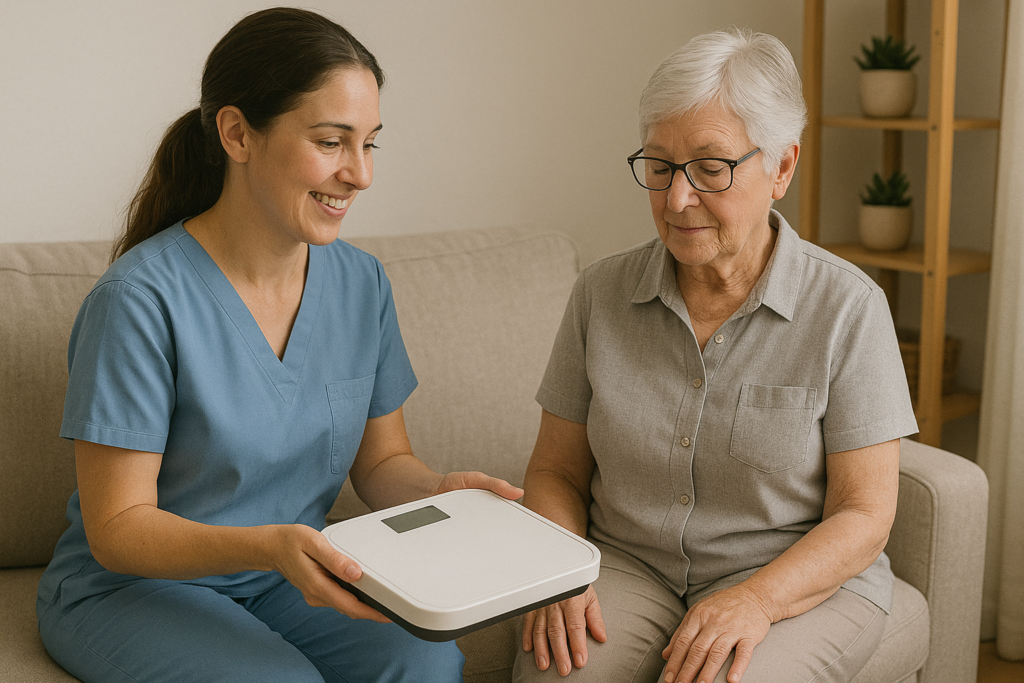
Old Age Care At Home
As the global population ages, the need for compassionate, reliable, and accessible elder care services becomes increasingly important. One of the most preferred options for senior citizens and their families is old-age care at home. This form of caregiving allows the elderly to stay in familiar surroundings while receiving the support they need to maintain a good quality of life.
In this article, we’ll explore the importance of old age care at home, the types of services available, the benefits, potential challenges, and tips for selecting the right care provider.
The Importance of Home Care for the Elderly
Aging often brings with it physical, emotional, and cognitive changes that can make day-to-day activities challenging. However, not all elderly individuals require institutionalized care. For many, staying at home is not only a matter of comfort but also a matter of dignity and independence.
Home care provides personalized assistance tailored to an individual’s specific needs. Whether it’s help with daily tasks, medical care, or simply companionship, at-home elder care ensures that aging loved ones remain safe and supported in their own homes.

Types of Old Age Care at Home
There is no one-size-fits-all when it comes to senior care. Services can be broadly categorized into the following types:
1. Personal Care Assistance
This involves help with daily activities such as bathing, dressing, grooming, toileting, and mobility support. A trained caregiver or aide typically provides this type of care.
2. Companionship Services
Loneliness is a common issue among seniors, especially those who live alone. Companionship services include engaging in conversation, playing games, reading, and accompanying the elderly to appointments or social outings.
3. Medical or Skilled Nursing Care
For seniors with medical conditions, licensed nurses can provide services such as wound care, medication management, injections, and monitoring vital signs under the direction of a physician.
4. Therapy Services
Physical, occupational, or speech therapy can be delivered at home, helping seniors recover from surgery, injuries, or manage chronic conditions more effectively.
5. Household Support
Many caregivers assist with light housekeeping, meal preparation, grocery shopping, and running errands, ensuring a clean and safe environment for the elderly.
6. Palliative and Hospice Care
For those with terminal illnesses, palliative care focuses on relieving pain and improving quality of life. Hospice care, on the other hand, is for those nearing the end of life, emphasizing comfort rather than cure.

Benefits of Old Age Care at Home
Choosing home care offers several advantages, including:
1. Comfort and Familiarity
Being in a known environment reduces stress and helps maintain a sense of normalcy and emotional well-being.
2. Customized Care
Home care services are tailored to individual needs, which can evolve over time. This personalized approach ensures better outcomes and satisfaction.
3. Family Involvement
Care at home allows family members to stay closely involved in the senior’s care plan, promoting better communication and peace of mind.
4. Cost-Effective
Depending on the level of care required, home care can be more affordable than residential care facilities or nursing homes.
5. Improved Recovery and Health
Studies show that patients recovering from surgery or illness often heal faster and more comfortably in their own homes compared to hospitals or care facilities.

Challenges of Home-Based Elder Care
While home care has numerous benefits, it’s important to recognize the potential challenges:
1. Caregiver Burnout
Family caregivers often experience emotional and physical exhaustion, especially when balancing caregiving with other responsibilities.
2. Limited Medical Support
In some cases, the home environment might lack the equipment or immediate medical support available in a hospital or specialized facility.
3. Safety Concerns
Homes may need modifications (e.g., grab bars, non-slip mats) to be safe for seniors, especially those with mobility or cognitive issues.
4. Reliability of Care Providers
Finding a trustworthy and competent caregiver can be challenging. Background checks and references are essential when hiring someone to provide care.
Tips for Choosing the Right Home Care Service
Selecting a home care provider is a crucial decision. Here are some key factors to consider:
1. Assess the Needs
Begin by evaluating the type and extent of care your loved one needs. Is it medical support, help with daily tasks, or companionship?
2. Check Credentials
If hiring through an agency, ensure the agency is licensed and accredited. Ask about caregiver qualifications, training, and background checks.
3. Ask for References
Talk to other families who have used the service. Reviews and testimonials can offer insights into the quality of care.
4. Evaluate Communication
Choose a provider that keeps you informed and includes you in the care planning process. Regular updates help build trust and ensure transparency.
5. Plan for Flexibility
Needs may change over time. Look for a service that offers flexible care plans and can scale up or down as needed.
6. Discuss Costs and Insurance
Understand the pricing structure, payment options, and whether the services are covered by insurance, Medicare, or Medicaid.
